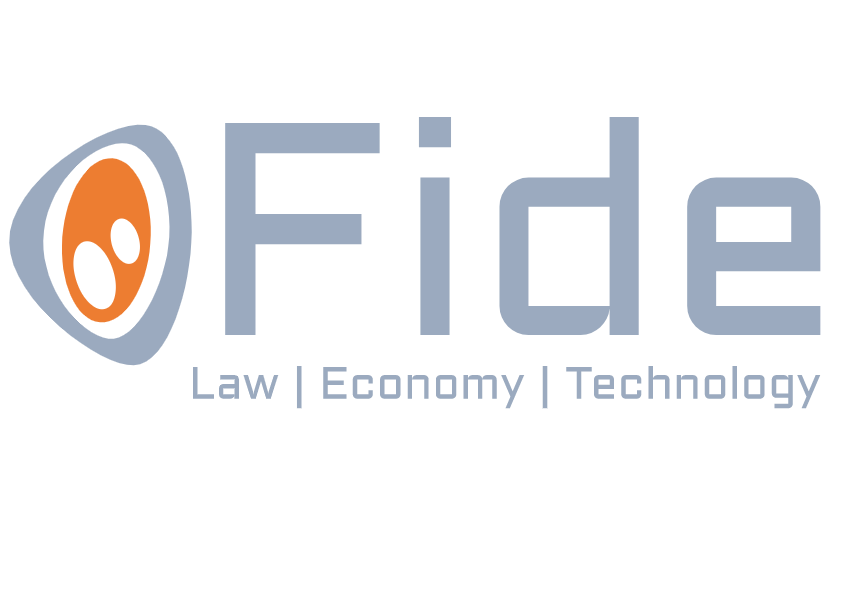Breakfast session: Japan?s Strategy on the Free Trade Agreement: Working as a Connection between Two Major Powers?

Jornada - Abogacía (presencial)
Abogacía Abogados Agenda Derecho Despachos de abogados FIDE Madrid Normativa
Leer más
Panelists:
• Takemasa Sekine, Professor, Graduate School of Management, Nagoya University of Commerce & Business (NUCB) (*)
• José Maria Viñals, Partner, Squire Patton Boggs (UK) LLP (*)
Moderator: Ana Mª Goy Yamamoto, Professor at the Centre for East Asian Studies (Universidad Autómoma de Madrid). Specialist in market techniques and Asian consumer behaviour (*)Objectives We are facing a period in which the trade tensions between the EU and the US are escalating. The US has introduced various additional tariffs on products from the EU, such as steel and iron, aluminum, aircrafts, wine, and cheese. Partly in response, the EU has introduced or is considering introducing retaliatory tariffs against the US. Moreover, the US is also planning to increase the tariffs on automobiles from the EU. Apart from this tariff war, they remain divided on World Trade Organization (WTO) reform, in particular the operation of the Appellate Body system (the judicial organ that corresponds to the upper court in the WTO dispute settlement mechanism). While the US is lobbying for more control for WTO members over the Appellate Body, the EU is trying to make the system more autonomous and independent of member influence.Japan is struggling to strike a balance between these two poles. Japan is unique in that it has concluded free trade agreements with both the EU and the US. Therefore, on one hand, through these two routes, Japan could contribute to bridging the gap between the US and the EU. This would also have a positive effect on the ongoing “EU-Japan-US trilateral meeting of the trade ministers.” On the other hand, if Japan cannot bridge the divide between the EU-Japan and US-Japan trade relations, the fragmentation of trade rules in the international context might become even more pronounced.This presentation will comparatively analyze both the EU-Japan Economic Partnership Agreement (EPA) and the US-Japan Trade Agreement, and explore whether the EU and the US can converge to create a new trade framework, which would promote the reform process in the WTO. It will also examine Japan’s contribution to that purpose as well as its limitations. As the US-Japan Trade Agreement only contains agreements relating to tariff reduction and digital trade at this stage, this presentation will focus on the Trans-Pacific Partnership (TPP), which reflects the intent of both the US and Japan. While it appears that only a small gap exists between the EU-Japan EPA and the US-Japan Trade Agreement (or the TPP), some important divergences can be found between them. Those relate to the regulation of State-owned enterprises (SOEs), digital trade, geographical indication, and investment.Since there is only a limited number of studies that comprehensively and comparatively examine the EU-Japan EPA and US-Japan Trade Agreement (or the TPP), this session will contribute in providing some useful insights into international trade relations in the future.
Organizadores
FIDE Fundación
Añadir a calendario
